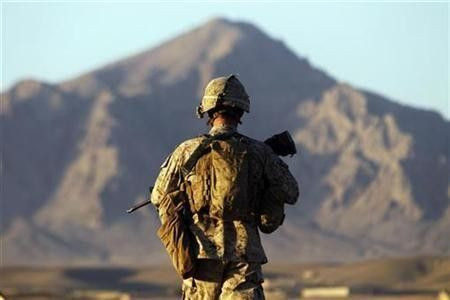'We will fight you the way we fought the Soviets' - Afghan tribal elders to NATO: Wikileaks

Upset by night raids, tribal elders in Afghanistan threatened to fight the NATO forces like they fought the Soviets, US diplomatic cables suggest.
Stop the special operations at night that kill civilians and terrify our women and children. If you don't, you will lose our support, they told the Provincial Council members in Zabul province.
We will close our shops, block the streets, move to the mountains and fight you the way we fought the Soviets, they warned.
The tribal elders reportedly suggested that if coalition forces were not more respectful, they would be perceived the same way as the Soviets.
We stood against the Soviets for nine years, when they attacked our religion and culture. Don't force us to do the same to you, the locals apparently told US officials.
A cable from the Provincial Reconstruction Team (PRT) commander in February last year stated that the situation in Zabul province was increasingly tense.
In the February 6 operation in Torri Kalay, Shar-e-safa, coalition forces pursued suspected militants and killed six of them while capturing three.
More than 300 Shar-e-safa residents took to the streets in protest, and threatened to bring the bodies to Kandahar rather than bury them according to Islamic custom, to show their outrage, the PRT reported back to Washington.
The cable also reads that several tribal elders spoke out against the operations in the presence of Governor Delbar Jan Arman of Zabul Province Arman and questioned why the United States couldn't catch the enemy, but instead killed the innocent.
You came to bring peace and security, but we don't want it, if it comes at the cost of our culture and religion, the reportedly told the PRTs.
Another cable in January 2009 stated that at least six NATO operations since mid-December caught the Afghan public's attention for their civilian casualties and wrongful detentions.
A January 9 operation in Jaldak resulted in five deaths and the elders maintained the innocence of the deceased. They reportedly refused to bury the bodies and threatened to display them on Highways 1. Afghan officials had to shell out $1000 for the burial in an attempt to clam the elders.
© Copyright IBTimes 2025. All rights reserved.





















